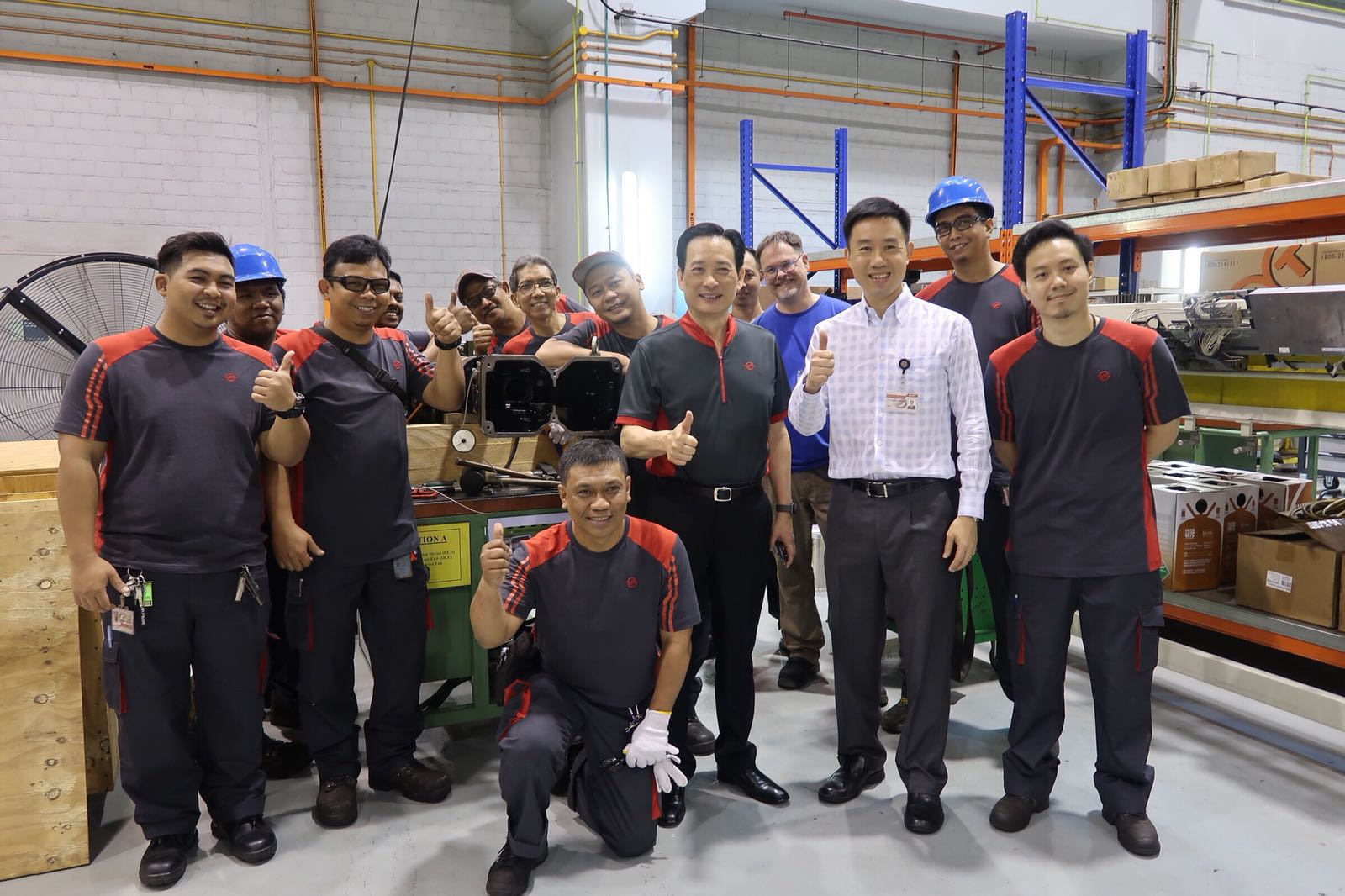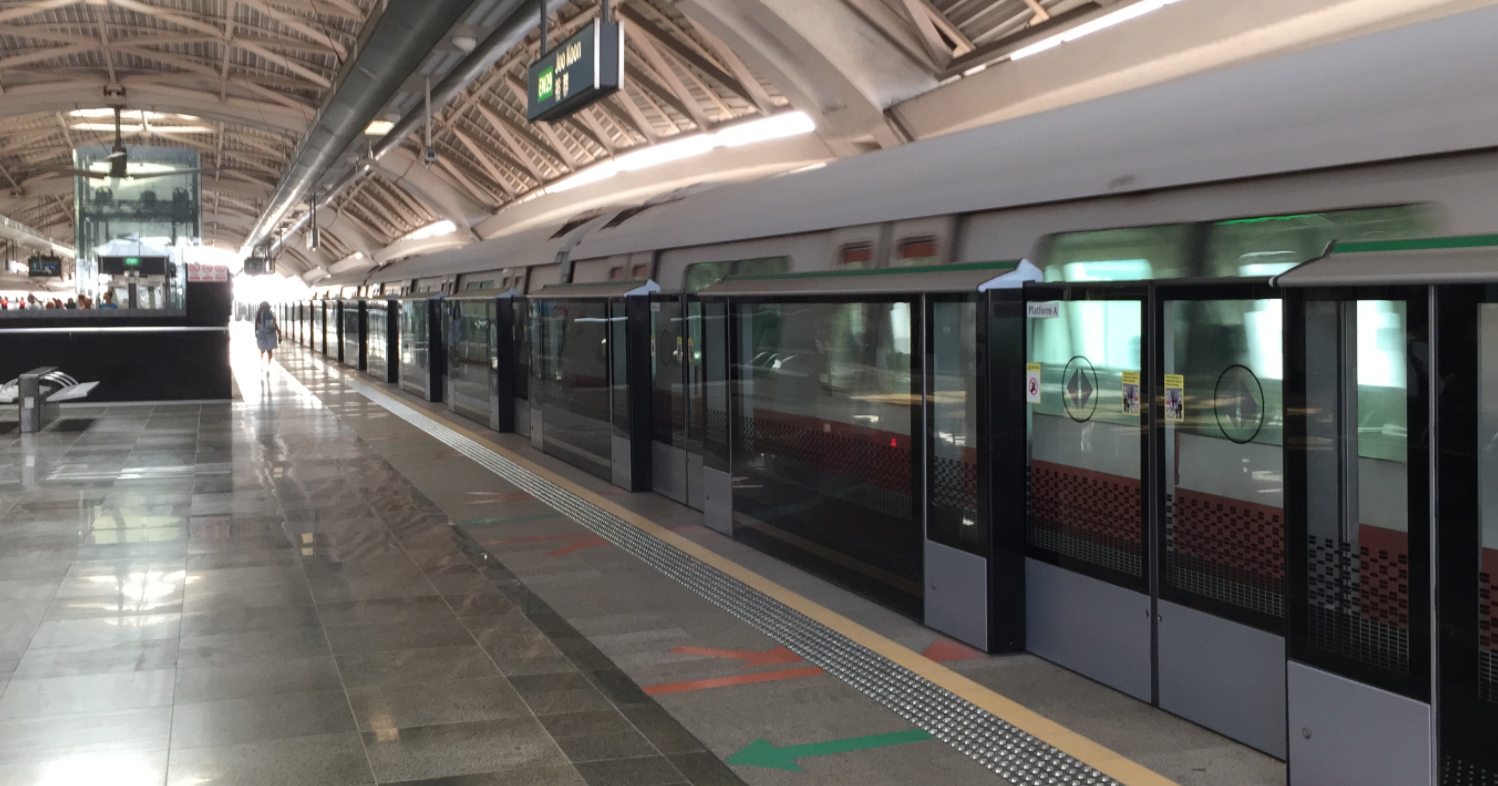Sorry if you were one of those people who didn't want to go through full-day closures or teeth-gritting delays -- because there's going to be more.
Transpot Minister Khaw Boon Wan announced in Parliament on Wednesday Mar. 7 during the Ministry of Transport Committee of Supply debates that extended engineering hours (or early closures and late openings, as it is known to us) will continue beyond June 2018 until as late as the early part of the 2020s, when all the work is expected to be completed.
So buckle up and get ready to plan ahead, you can definitely expect additional time taken for your usual route -- or to change it, even, if train service isn't operating at that time.
[caption id="" align="alignnone" width="500"] GIF via GIPHY[/caption]
GIF via GIPHY[/caption]
Closing early sped up work by more than 2x
According to more details provided in a joint news release from SMRT and the Land Transport Authority (LTA), the adjustments in operating timings of MRT stations on weekends provided a lot of very valuable additional time for engineering teams to carry out works on the tracks, stations and train depots, such as planned maintenance and renewal works.
 Photo via SMRT Facebook page
Photo via SMRT Facebook page
Closing early increased the train engineers' track access time from three to seven and a half hours each night, and this, according to the LTA, has more than doubled their work progress from what was initially expected.
The full-day closures of the East-West Line on Sundays near the end of last year also added 40 nights of additional installation and testing work for the new signalling system on it. This, says LTA and SMRT, translates to the re-signalling project for the East-West Line being pushed up much earlier, with a new projected date of completion set for June this year.
[related_story]
What to expect:
But of course, that isn't nearly enough to finish more upgrading projects coming our way, even as the signalling system installation wraps up.
These ongoing projects include:
- Upgrading and renewing of the power supply system
- to equip the system with features that reduce the number of power-related faults
- allows real-time monitoring and better fault prediction, detection and identification.
- Replacement of track circuit system
- used to detect the precise location of trains on the line
- facilitates speedier recovery from signalling system failure.
There is also an upcoming project that hasn't started yet, which will see the replacement of 66 first-generation North-South East-West Line trains.
These new trains will come with features such as sensors to monitor the performance of various train-borne subsystems, and equipped with imaging sensors and laser scanners to monitor track conditions for early signs of anomalies so that they can be addressed before a fault occurs.
More delays
Minister Khaw also said the Mean Kilometre Between Failure (MKBF) of the MRT network for January and February this year has exceeded next year’s target of 600,000 train-km.
He added that he has set decidedly-ambitious MKBF goals of 400,000 train-km this year, 600,000 train-km in 2019 and 1 million train-km by 2020.
However, he also said tests will soon begin for the new signalling system on the East-West Line during passenger service hours -- and yes, we should "Expect glitches and delays. So please bear with us," he added.
In all, the government expects to this to cost $4 billion over the next five years to continue the efforts to renew our rail network, in addition to the $20 billion which is channelled to build new public transport infrastructure.
Which of course, will translate to fare increases somewhere down the line.
You can read more about that here:
Top photo: file
If you like what you read, follow us on Facebook, Instagram, Twitter and Telegram to get the latest updates.
